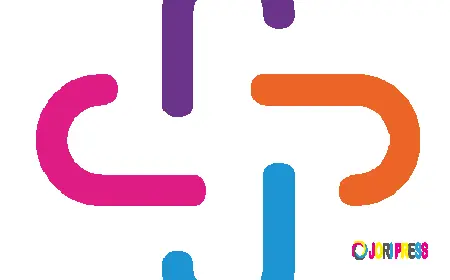MD Transcription and HCC Coding: Accuracy That Powers Healthcare
Healthcare professionals rely on this documentation to diagnose, treat, and bill correctly. Even small errors can lead to medical misunderstandings and billing issues.
MD transcription is the process of converting physicians’ voice-recorded notes into written medical documents. It plays a vital role in maintaining patient records. Accurate transcription ensures compliance, clarity, and continuity in healthcare services.
Healthcare professionals rely on this documentation to diagnose, treat, and bill correctly. Even small errors can lead to medical misunderstandings and billing issues.
The Importance of Medical Transcription in Clinical Workflows
Every detail in a patient’s chart matters. Proper transcription helps reduce malpractice risk and streamlines communication between departments.
Doctors can focus more on care rather than paperwork. With transcriptionists handling the documentation, the workflow becomes faster and more efficient.
Outsourcing transcription also reduces staff workload and operational costs. It ensures timely documentation without compromising quality.
Understanding HCC Coding
HCC (Hierarchical Condition Category) coding classifies patients based on medical complexity. It supports risk-adjusted payment models used by Medicare Advantage plans.
Each chronic condition is assigned a specific HCC code. These codes influence funding, resource allocation, and patient management plans.
HCC coding is critical in value-based care. It aligns reimbursements with the patient’s health risk profile. Accurate coding prevents underpayments and audits.
Why Accuracy Matters in HCC Coding
Incorrect HCC coding can result in revenue loss and compliance violations. Missed codes lead to inaccurate risk scores, affecting reimbursements.
Coders must ensure that documentation supports every code. It’s not just about assigning codes but validating them with precise documentation.
Working with certified coders improves outcomes. They understand the coding hierarchy, payer guidelines, and the latest updates.
How MD Transcription Supports HCC Coding
Without reliable documentation, accurate HCC coding is impossible. MD transcription feeds the coding process with clean, detailed patient records.
When transcriptionists capture diagnoses, procedures, and symptoms correctly, coders can do their job confidently. It eliminates guesswork and reduces rework.
Proper alignment between transcription and coding teams leads to better compliance, faster claims, and accurate risk scores.
Benefits of Combining MD Transcription with HCC Coding Services
-
Improved Documentation Quality: Ensures thorough and timely medical notes.
-
Accurate Risk Adjustment: Supports correct HCC code assignment.
-
Better Reimbursements: Reduces missed revenue opportunities.
-
Regulatory Compliance: Helps meet CMS and HIPAA guidelines.
-
Efficient Workflow: Lowers administrative burden on clinical staff.
-
Reduced Claim Denials: Clean documentation improves approval rates.
Key Features to Look for in MD Transcription and Coding Services
Choose a service that offers:
-
Certified medical transcriptionists and coders
-
HIPAA-compliant technology
-
EMR/EHR integration
-
Fast turnaround times
-
Quality assurance reviews
-
Specialty-specific experience
Look for providers who invest in continuous training. Medical terminology, ICD guidelines, and HCC categories change often.
Final Thoughts
MD transcription and HCC coding go hand in hand. Together, they ensure financial integrity, patient safety, and efficient operations in healthcare.
What's Your Reaction?
 Like
0
Like
0
 Dislike
0
Dislike
0
 Love
0
Love
0
 Funny
0
Funny
0
 Angry
0
Angry
0
 Sad
0
Sad
0
 Wow
0
Wow
0


















































